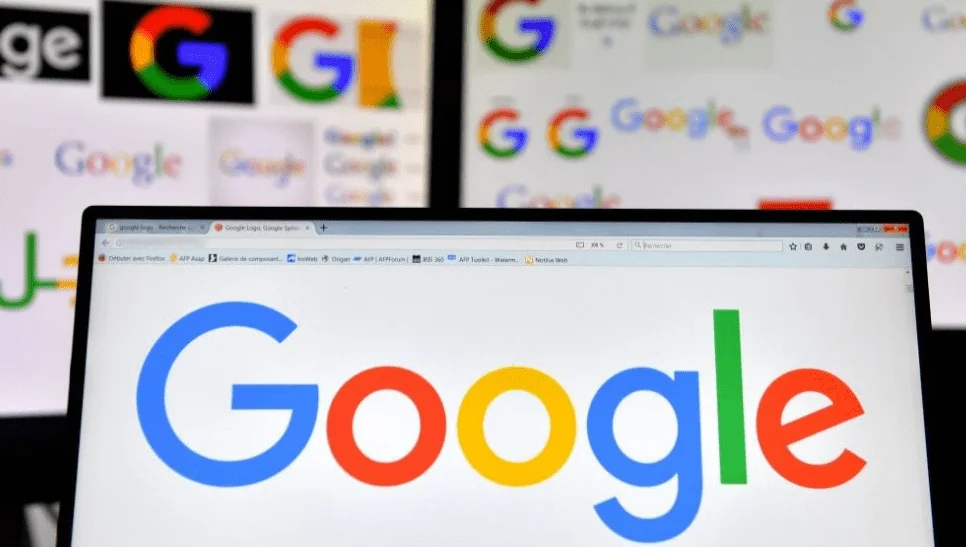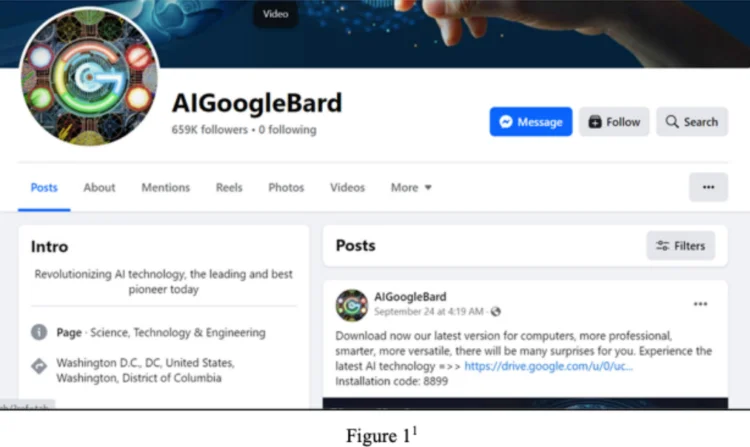Google has filed a lawsuit against three scammers offering a fake version of Google’s artificial intelligence (AI) Chatbot Bard that tricks users into downloading and installing malware on their devices.

Google has initiated legal proceedings against three fraudulent individuals because they produced counterfeit advertisements, among other things, promoting updates to Google’s artificial intelligence (AI) chatbot Bard, which infects users with malware when downloaded.
The 13 November lawsuit identifies the defendants as “DOES 1-3,” who choose to remain anonymous. Scammers, according to Google, “utilized its trademarks on its AI products, including Bard, Google, and Google AI,” to “entice unsuspecting victims into downloading malware onto their computers.”
It provided an example of deceptive social media pages and trademarked content that invited users to download free versions of Bard and other AI products while giving the appearance of a Google product.

As per Google’s statement, users who follow the links inadvertently download the malware. The primary objective of these links is to exploit users’ social media login credentials, with businesses and advertisers being the primary targets.
In addition to a comprehensive restraining order and damages, the tech giant requested an award of attorneys’ fees, permanent injunctive relief for injuries inflicted by the defendants, and all profits obtained by the con artists. The court may determine any other comfort “just and equitable.”
The initiation of the litigation coincides with a substantial surge in the global user base of AI services, including chatbot services. Recent statistics indicate that the Bard algorithm on Google receives 49.7 million unique visitors per month.
OpenAI’s ChatGPT, a widely utilized AI chatbot service, boasts a monthly user base exceeding 100 million individuals and attracts an impressive 1.5 billion visitors to its website.
This increase in the availability and prevalence of AI services has also prompted numerous lawsuits against the technology’s developers. Amidst legal disputes over the past year have been OpenAI, Google, and Meta, the parent organization of Facebook and Instagram.
Google was the subject of a class-action lawsuit in July. According to eight petitioners who filed on their behalf, Google violated the privacy and property rights of “millions of class members,” including internet users and copyright holders. It occurred after Google’s privacy policy update, which included data harvesting capabilities intended for AI training.
